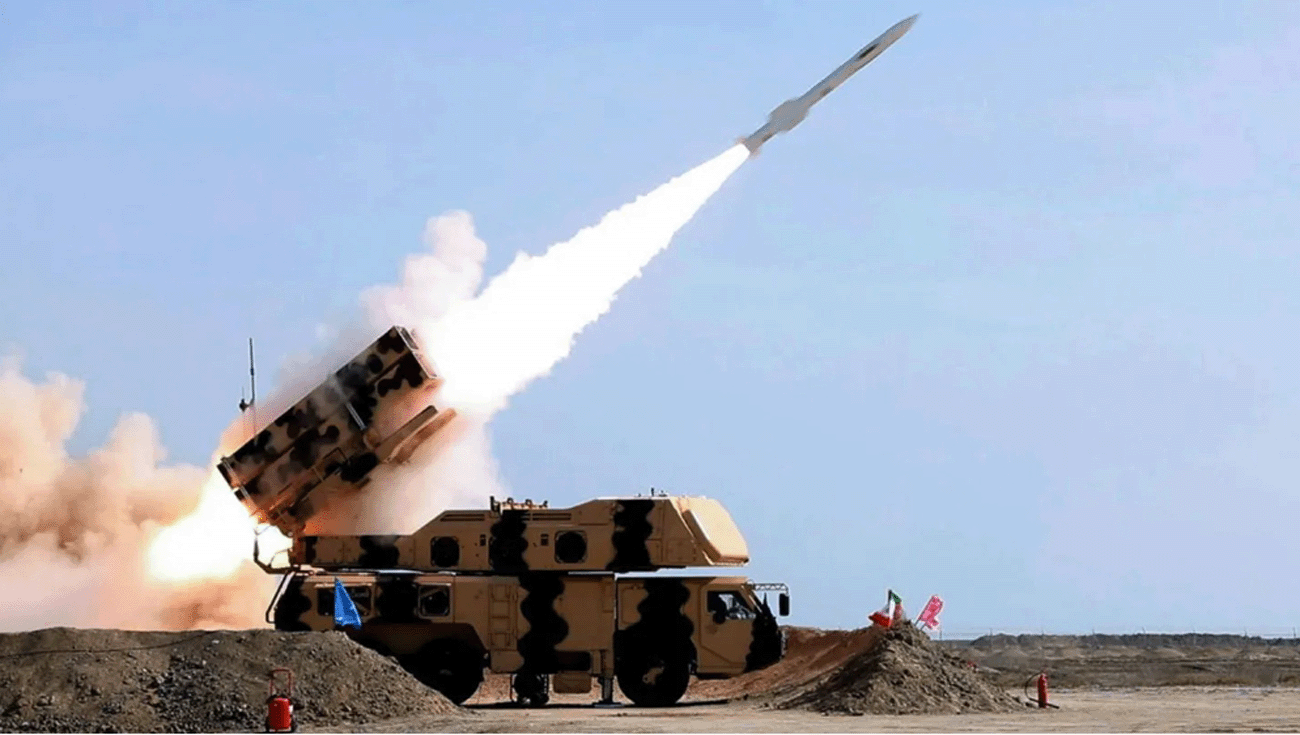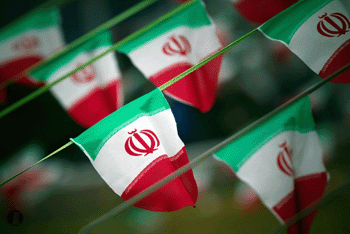09-19-2024 Tara Mergener

WASHINGTON – As tensions escalate in the Middle East, Iranian involvement in regional conflicts is drawing sharp criticism from Republican lawmakers on Capitol Hill. Many are accusing the Biden administration of a lack of decisive action, fearing that a continued hands-off approach could lead to further destabilization.
Republican representatives are sounding the alarm, saying Iran’s activities threaten U.S. interests and allies. Rep. Mike McCormick (R-PA) expressed frustration, asking, “Why has this administration stood idle while Iran continues to supply our enemies? I would rather Iran did not want confrontation.”
During Thursday’s subcommittee hearing, several lawmakers highlighted Iran’s long history of arming terrorist groups like Hamas and Hezbollah.
Rep. Tim Burchett (R-TN) said, “For decades, Iran has been arming terrorist proxies throughout the Middle East and has provided them with weapons and financing to attack the U.S., Israel, and our partners.”
Concerns extend to Iran’s backing of the Houthis in Yemen, whose missile strikes pose threats to maritime security and global oil supplies. The hearing also addressed Iran’s support for Hamas, particularly in the context of the recent October 7 attack.
In a troubling development, Israeli authorities revealed the arrest of a Jewish Israeli civilian last month, allegedly recruited by Iran for an assassination plot targeting key Israeli leaders.
Critics of the Biden administration argue that its current strategy has been ineffective, pointing to ongoing attacks against U.S. personnel stationed in the region.
Elliot Abrams, a former U.S. special envoy to Iran, commented, “The administration says we don’t want confrontation. I would rather Iran did not want escalation or confrontation.”
In contrast, Democrats support the Biden administration’s approach of prioritizing diplomatic engagement over military action. They argue that the Joint Comprehensive Plan of Action (JCPOA) helps prevent nuclear proliferation while avoiding escalation that could jeopardize U.S. troops and allies.
Rep. Gerry Connolly (D-VA) noted the significance of the JCPOA, questioning its status since the U.S. withdrawal under President Trump.
Despite partisan differences, lawmakers on both sides agree that unified American leadership is crucial. They warn that without strong and consistent action against Iranian aggression, U.S. influence could diminish, leading to greater instability in the region following the October 7 attack.
Several solutions have been proposed, including increasing sanctions on Iran, enhancing military support for Israel and Gulf allies, and countering cyber threats. As the situation evolves, the debate over the best approach to dealing with Iran is likely to continue.
